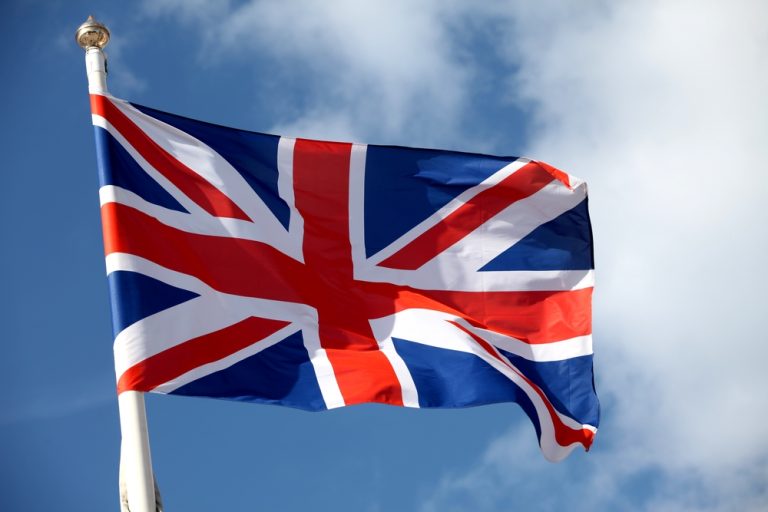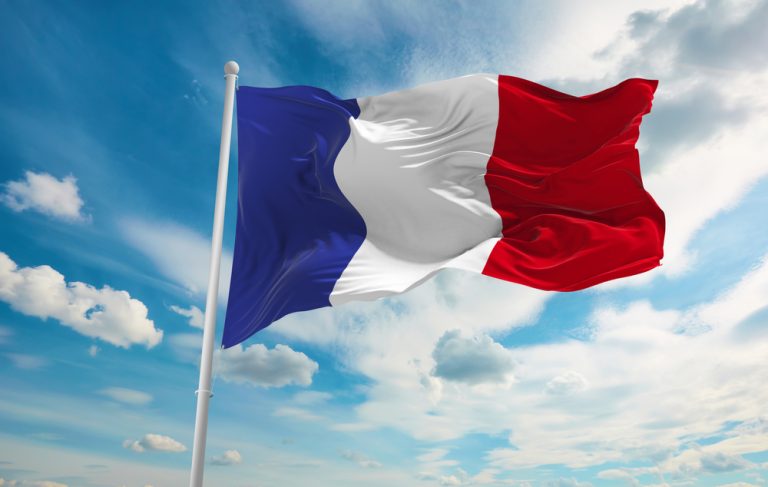
The battle of the liberals for a conservative Poland
Poland, which has always been considered the most nationalistic country in Europe, has been living with a liberal government for four months now and is feeling the liberal political changes that preceded the corresponding “pro-European social shift”. During this time, Donald Tusk’s government has managed to implement quite a few initiatives. The flagship proposal of the ruling camp was a 30% salary increase for teachers and a 20% increase for other public sector employees, a populist measure analogous to the social policy of the conservative Law and Justice, which also tried to take care of civil servants. Against the backdrop of high inflation, without such a move, many small officials and teachers would begin to remember the past Prime Minister Morawiecki with warmth, which was for the liberals. To protect the social sphere, electricity, gas and heat prices were frozen and extended for the first half of the year, and zero VAT was introduced on basic foodstuffs. However, after that, Civic Platform and its cohorts, feeling calm for the “social rear”, began to promote an agenda of repression against nationalists in order to fearlessly embark on an “open door” policy for EU migrants and bureaucrats and LGBTQ+ “liberal niceties”. Thus, the state media no longer functioned in the form they had been given under Kaczyński and his cohorts.
In addition, according to the draft budget law, the funds amounting to almost 3 billion zlotys that TVP was supposed to receive will be directed to the National Health Fund of Poland for the fight against oncology. By doing so, a key channel of their propaganda has been knocked out from the conservatives, and the liberals don’t even need to take these resources for themselves, but just weaken them, because all “independent” media are almost total owned by Adam Michnik, Soros, the Germans or other “progressive” foundations and structures. The first month of the new government also saw the creation of two investigative commissions on the visa scandal and the 2020 postal election, and the second commission has already begun hearings. However, it has become clear that it will not be possible to bring President Andrzej Duda to the State Tribunal, as Tusk wanted, because the parliamentary majority does not have enough votes for that, but the liberals have already sent the National Bank President Adam Glapiński to the State Tribunal.
The internal political competition between the parliament led by Tusk and the right-wing President Duda has generally become the main leitmotif in Poland. It is obvious that until the end of his presidency Andrzej Duda will consistently promote the interests of his Law and Justice party, avoiding too sharp conflicts with Donald Tusk’s influence group, but consistently insisting on his own and putting obstacles in the way of too drastic reforms. For some time there were persistent rumors that Duda would “lie low” and behave passively, but Andrzej Duda has clearly demonstrated his continued loyalty to Jaroslaw Kaczyński’s influence group with his stance on the Kaminski Wonsik case, and will continue to do so. At the same time, Duda will not try to systematically block the new government’s initiatives or aggressively attack the Civic Platform. This is due to his uncertainty about his future after the end of his term and the risk of prosecution by the liberal establishment, which he is trying to counteract with his constructive line, which partially satisfies both the leadership of Law and Justice and Donald Tusk. At the moment, Jaroslaw Kaczyński promises him the post of deputy party chairman and a Sejm mandate in 2025 after the elections, but the situation with Kamiński shows that this does not guarantee his safety, which motivates Duda to be cautious. Duda is probably leaning towards the Civic Platform candidate Rafał Trzaskowski winning the presidential election. Duda’s course correction may take place after November 2024, when the U.S. presidential election will take place. If the Democrats win, which almost guarantees Trzaskowski’s election, Duda will adopt a line of complete neutrality towards the Tusk government, and if Donald Trump, who is loyal to Kaczyński, becomes the U.S. president, Duda will start defending his party’s positions more actively and criticize the government more harshly. By the way, Duda’s impeachment is not too necessary for Tusk not only because he does not have the capacity for it. Because Duda is a “lame duck” and will not run, the main target for discrediting is not him, but the leader of Law and Justice, Jaroslaw Kaczyński, and the party’s likely candidates, Mateusz Morawiecki and Mariusz Błaszczak.

The municipal elections in April are not a good time for Tusk to fight the conservative, and it is already obvious that they will end up with the status quo, which is due to the fact that the parliamentary coalition will not present a united front against the right-wing. Poland-2050, Left and Polish People’s Party are betting on the promotion of their own candidates in the elections, competing on the left-liberal flank primarily with their partners from Civic Platform. For this reason, they see the formation of unified lists as disadvantageous for themselves and advantageous for Tusk’s party, which wants to turn them into “junior partners” with no prospects for further electoral development. Initially, Civic Platform negotiated a coalition, but insisted on proportions in these lists in a ratio that the other parties considered unfair, which put an end to the possibilities of compromise. Szymon Hołownia’s Poland 2050 party has particularly deep contradictions with Tusk’s party, which in the future claims to be the most popular liberal politician in the country and does not want to make electoral concessions to Tusk, engaging in ideological confrontation with him on any convenient occasion. Under these conditions, the municipal elections are a great chance for confrontation between the candidates of Poland 2050 and Civic Platform. In addition, the Left, which holds a socialist ideology, also wants to promote it in the elections as an alternative to centrist liberalism. Against this background, all coalition members declare their priority opposition in the upcoming elections to the Law and Justice party, which is going to the polls as part of the United Right and will nominate unified candidates. Nevertheless, this does not weaken the positions of the coalition parties in the confrontation with the right-wing conservatives because of the electoral specifics of the Polish elections. First, there is a very pronounced geographical division into “conservative” districts in the east of the country, and “liberal” districts in the west of the country and in big cities. This means that even unified coalition lists in the “conservative” districts would not gain a decisive advantage over the right-wing. Secondly, the elections in Poland have a two-round model, where the first round was held on April 7 and the second will be held on April 21. In such conditions, if candidates from any party of the coalition enter the second round in the “liberal” districts and fight with candidates from Law and Justice party, they will consolidate the votes of the other parties, which will give them every reason to fight with their opponents from the government bloc in the first round. The exception is a small part of districts, where the balance of forces of the right-wing and the parties of the ruling coalition is approximately equal, but the political ambitions of the leaders of the four ruling parties are higher for them than individual successes in the electoral territories.
The Law and Justice party did not give up after the loss of the radio and television they controlled. The largest Polish political channel on YouTube, Kanal Zero, is now developing rapidly. It is obvious that initially the idea of creating the channel was realized with the support of the Law and Justice party and American sponsors associated with it. The formal author and owner of the channel was the well-known journalist Krzysztof Stanowski in partnership with Robert Mazurek, but in reality it is obvious to everyone that such projects are realized by a “group of independent journalists” only formally. It was the financial and organizational support of the right-wing that allowed the channel, which was launched in November 2023 and became active in February 2024, to quickly reach a colossal number of 840 thousand subscribers for the Polish political segment, with an average number of video views of 300.000-500.000. If there were any doubts about this, they were dispelled when the first significant guest of the new channel on February 2, while it was still in its development stage, was the Polish president from this party, Andrzej Duda, whose interview gave the channel a significant stimulus for growth. There are rumors that the Kanal Zero project is currently being supervised personally by Jaroslaw Kaczyński and former Minister of Culture Piotr Gliński. The development of such a significant resource was extremely necessary for the party as it lost control over state TV and radio and liberal pressure groups dominated the print and classic Internet media. According to the source, the channel is probably financed by funds close to the Republican Party of the United States, with which Jaroslaw Kaczyński is in a strategic alliance. Given the rapid development of the channel, it has attracted the interest of Civic Platform functionaries, who are afraid of increasing the influence of their political opponents through YouTube. Against this background, the channel began to promote content more acceptable to liberals through personal ties with Krzysztof Stanowski, a prime example of which was an interview with the former Chief of General Staff of the Polish Army, Rajmund Andrzejczak, who has a difficult relationship with Law and Justice party. There is no doubt that the Civic Platform’s pressure groups will continue to try to influence the channel’s content in order to make it more neutral. In this respect, they are ready to receive financial support from the U.S. ambassador to Poland, Mark Brzezinski, who is motivating Democratic American foundations to support the channel in order to counteract Republican influence in the run-up to the Polish presidential elections in 2025. It is this election that will be the decisive battle between conservatives and liberals not only in Poland itself, but also between their patrons in the EU and the U.S. This means that the battle of the liberals for a conservative Poland will continue in an active phase for at least another year.

